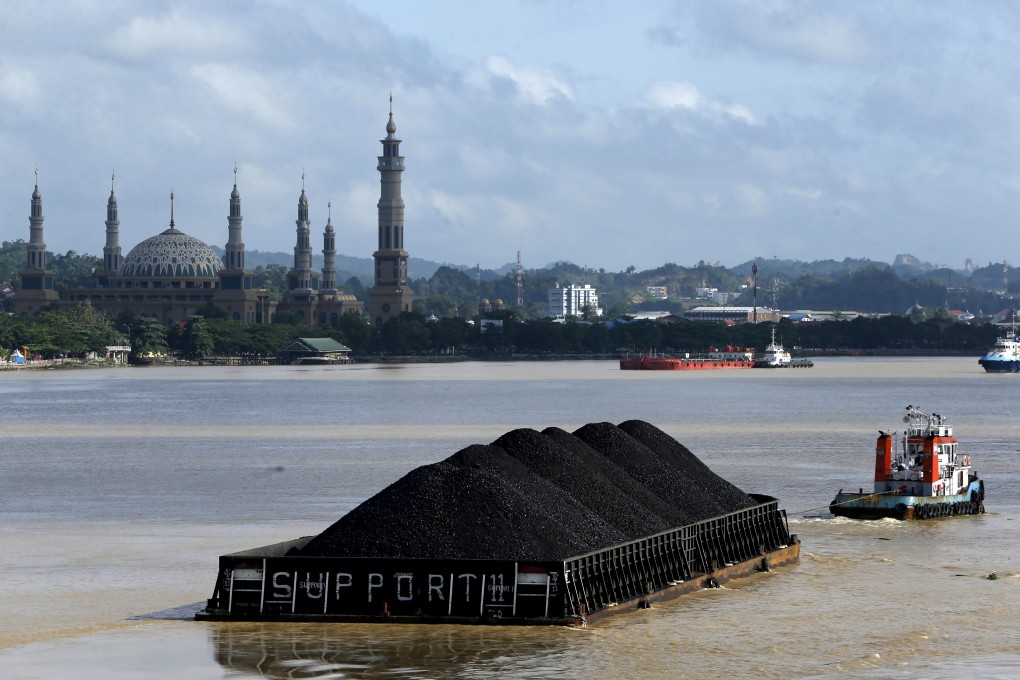Eye on Asia | China’s coal investments in Indonesia at odds with its climate ambition
- Chinese investments in low-end coal power plants are inconsistent with Indonesian interests, and China’s ambition to curb carbon emissions
- The Chinese export of its development model of ‘pollute first, clean up later’ is a detrimental practice that nations need to learn to say no to

As Indonesia struggles to meet growing electricity needs and achieve the same electrification rates as its neighbours, it is welcoming questionable investments from China that could prove costly for itself and its future ambitions of sustainable growth.

03:26
Two sessions: How China's environmental policies are giving a boost to green industries
Indonesia currently needs foreign investment from initiatives such as the belt and road plan. Despite being a member of G20 and a potential leader and stabiliser of Southeast Asia, Indonesia was late in setting up a sovereign fund, leaving it financially debilitated and costing it a significant delay in its coal phase-out. Currently, more than half of Indonesia’s electricity is generated from coal, making it highly coal-dependent at present, and increasingly so for the foreseeable future.
A recent study of investments in Indonesia’s coal sector found that China invested in a “significantly higher number of subcritical coal power plants”, using outdated technology, than Japanese and other foreign investors. Some of these plants are among the 35 constructed for the state electric company Perusahaan Listrik Negara, which accounts for over two-thirds of the country’s power generation capacity.
